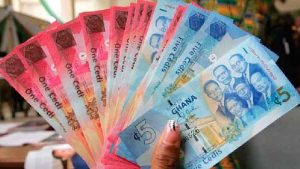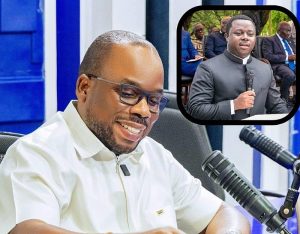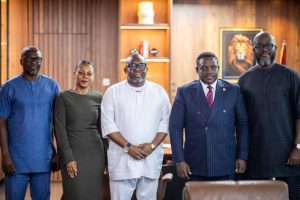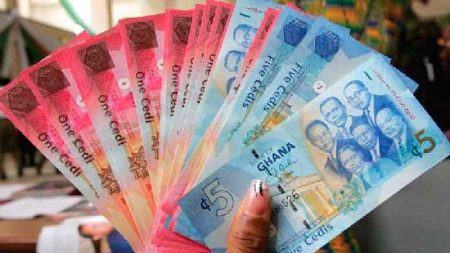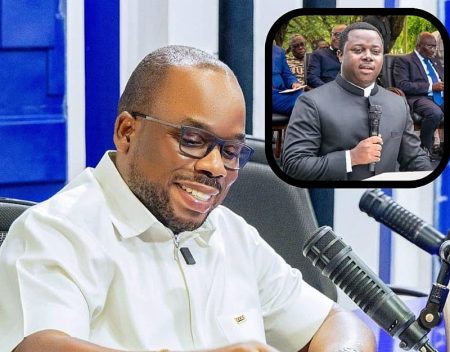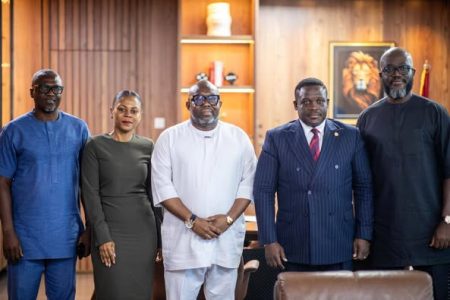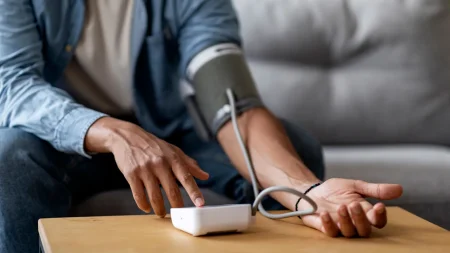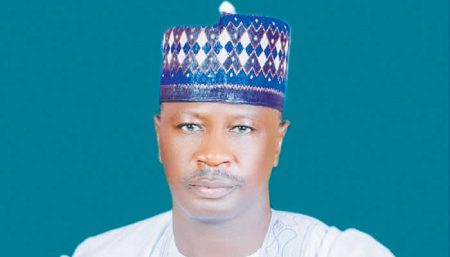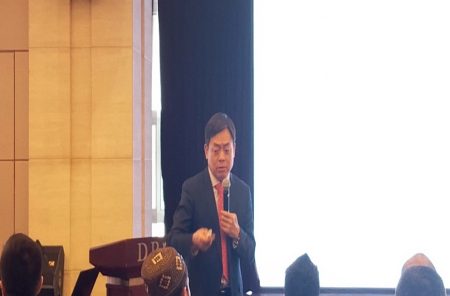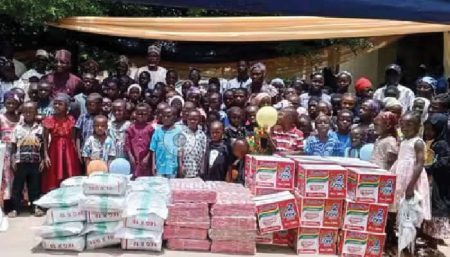The political landscape in Ghana has been ignited by serious allegations of drug trafficking and money laundering levelled against two aircraft that landed at Kotoka International Airport in March 2025. Rev. John Ntim Fordjour, Member of Parliament for Assin South, sparked the controversy by claiming intelligence reports suggested the planes were potentially transporting cocaine and substantial sums of U.S. dollars. His assertions have generated a heated debate, drawing sharp reactions from across the political spectrum, particularly from members of the opposition National Democratic Congress (NDC). The unfolding saga highlights the delicate balance between freedom of expression, parliamentary privilege, and the imperative to safeguard national security. It also exposes the potential for such accusations to be used as political ammunition, further polarizing an already charged political environment.
The gravity of the allegations and the ensuing political fallout are underscored by the strong response from the NDC. Sammy Gyamfi, the party’s National Communications Officer, delivered a stern warning to Rev. Fordjour during a televised discussion on JoyNews’ Newsfile programme. He insisted that the MP must substantiate his claims with concrete evidence or face the consequences, emphasizing that such accusations would have led to blacklisting in other jurisdictions. Gyamfi further challenged the assumption that parliamentary immunity would shield Rev. Fordjour from accountability, especially in matters pertaining to national security. He categorically stated that if the MP failed to cooperate with a National Security investigation, he could face arrest, a stance that Gyamfi vowed to personally pursue. This aggressive posture signals the NDC’s determination to hold Rev. Fordjour accountable for his pronouncements, potentially setting the stage for a protracted legal and political battle.
President John Mahama’s swift response to the burgeoning crisis reflects the seriousness of the situation and the government’s commitment to address the allegations transparently. He has ordered a formal investigation into the matter, directing relevant security agencies to collaborate with Rev. Fordjour in probing the claims. This move aims to ascertain the veracity of the MP’s allegations while also ensuring due process. The President’s decisive action is crucial in maintaining public trust and demonstrating the government’s commitment to upholding the rule of law. However, the investigation also presents a significant challenge, requiring a delicate balance between pursuing potential wrongdoing and avoiding the perception of a politically motivated witch hunt.
Despite the President’s call for a thorough investigation, the government’s response has not been entirely unified. Felix Kwakye Ofosu, Minister of State in charge of Government Communications, has publicly refuted the allegations, labeling them as unfounded and accusing Rev. Fordjour of spreading misinformation. This divergence in approach within the government adds another layer of complexity to the situation. It raises questions about internal cohesion and potentially undermines the credibility of the investigation. The opposing viewpoints within the government could also fuel speculation about political maneuvering and attempts to control the narrative surrounding the allegations.
Caught in the crossfire, Rev. Fordjour maintains his stance, insisting that his concerns are genuine and based on credible intelligence. He has called upon National Security to conduct a thorough investigation to clarify the situation, emphasizing that his role as a Member of Parliament is to raise concerns related to national security, not to conduct investigations himself. This position underscores the inherent tension between the responsibility of elected officials to bring potential threats to light and the potential for such claims to be exploited for political gain. Rev. Fordjour’s insistence on a comprehensive investigation by the relevant authorities suggests a willingness to cooperate and a desire to see the truth prevail.
The ongoing controversy surrounding the alleged drug trafficking and money laundering activities linked to the two aircraft at Kotoka International Airport represents a complex intersection of national security concerns, political maneuvering, and the delicate balance between freedom of expression and the imperative to maintain order. The unfolding events will undoubtedly continue to dominate the political landscape in Ghana, with potential legal and political ramifications for all involved. The outcome of the investigation ordered by President Mahama will be critical in determining the veracity of the allegations and restoring public trust. The incident also serves as a stark reminder of the challenges faced by democracies in addressing sensitive security issues while upholding fundamental freedoms and ensuring accountability.


